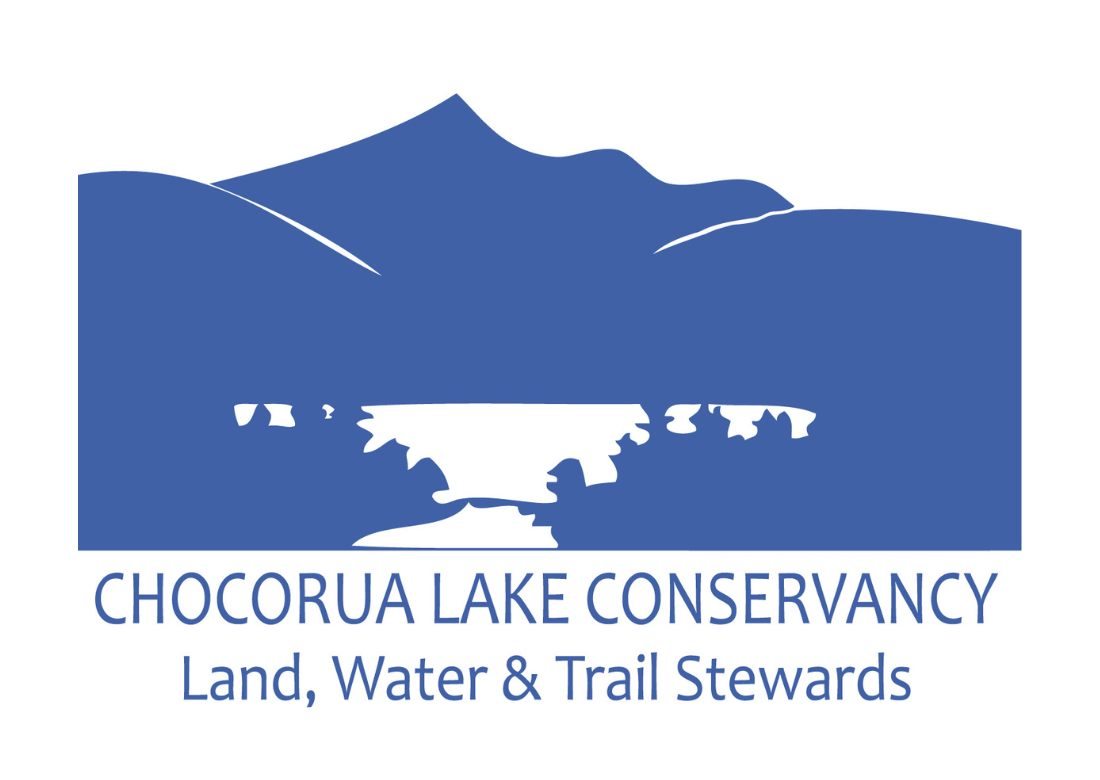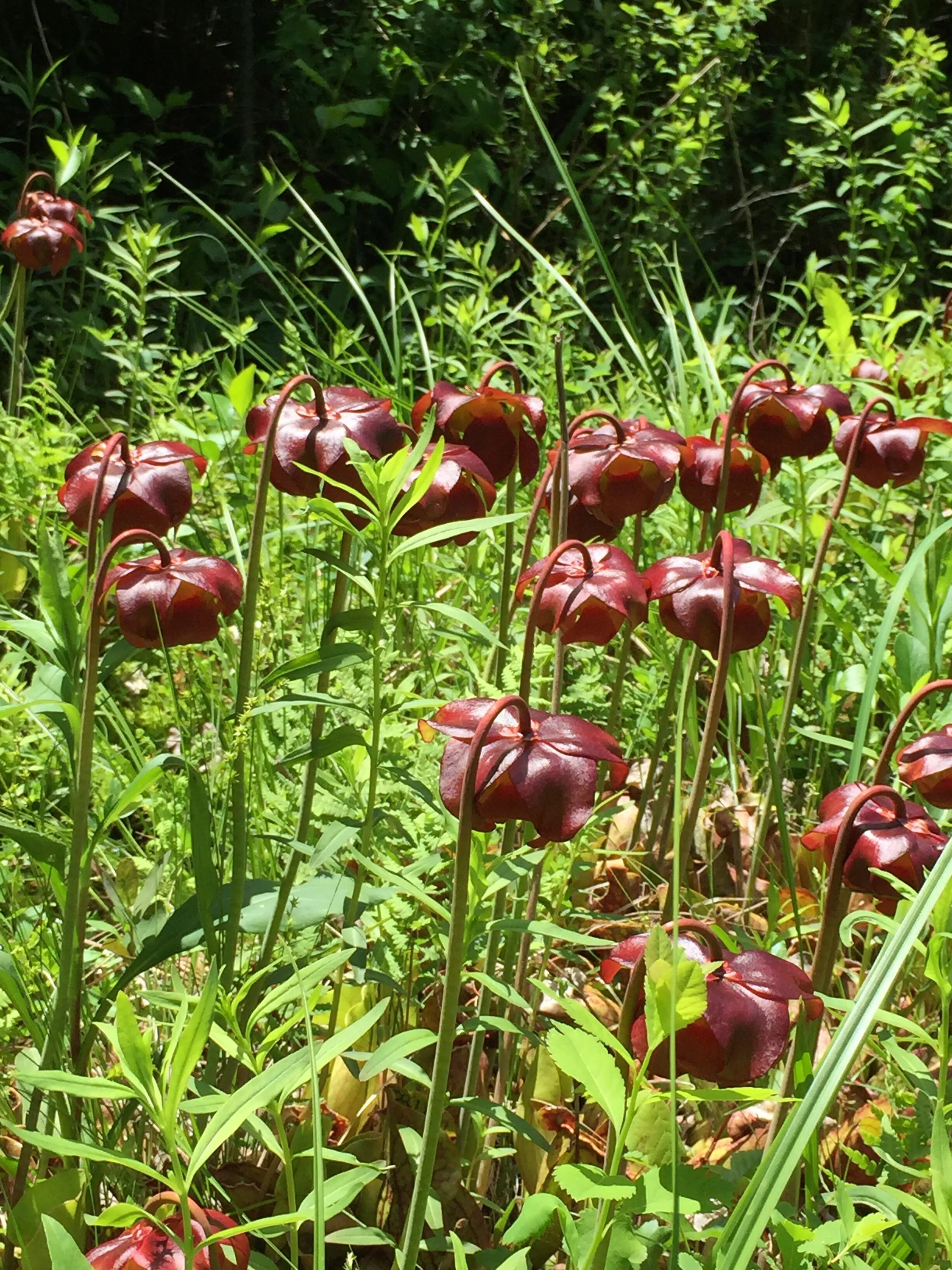Wetlands are full of wonders, especially in the early fall as things are getting ready for the changing seasons!
Please join naturalist and Chocorua Lake Conservancy’s Stewardship Director Lynne Flaccus, on Friday, October 1 from 10AM-12PM for a Wetlands Wanders at Moose Meadows in Chocorua, exploring the wetland edges from ‘forested wetland” to more of a shrub wetland, and the open water in between. You’ll need knee high boots or sneakers you don’t mind getting wet, and long pants for the tall grasses and “sedges with edges.”
We’ll search for what lives in the water and around the edges, what plants are adapted to having their “feet” wet and where they’re found. We’ll explore what makes a wetland special and why they are so important not only for all the critters and plants that live there, but for their role in the ecosystem as well.
The Moose Meadow property includes 17+ acres of forest, wetlands and field. The property is managed for wildlife, with fruiting shrubs in the field, and bird nesting boxes, including wood duck boxes, in the wetlands. The Chocorua River provides the boundary on the southwest half of the property with NH State Forest on the other side of the river. Protection of the wetlands that feed the river and Lake Chocorua is provided by the state, CLC, and several privately owned properties with conservation restrictions limiting development.
Come with your curiosity and observation skills to share as we explore the line between water and land! We’ll meet in the Moose Meadows field just off Route 16 across from the quilt shop. If you have not yet been vaccinated, or are less than two weeks from your last shot, please bring a mask for moments when social distancing is not possible. Please email lflaccus@chocorualake.org with your name and phone number to tell us you will be coming so that we can let you know of any changes to the schedule.
Naturalist and CLC Stewardship Director Lynne Flaccus has 30+ years of experience in land conservation and stewardship, managing protected properties, studying wildlife, and educating adults and children.
Banner image: Pitcher plants. Photo: Lynne Flaccus

